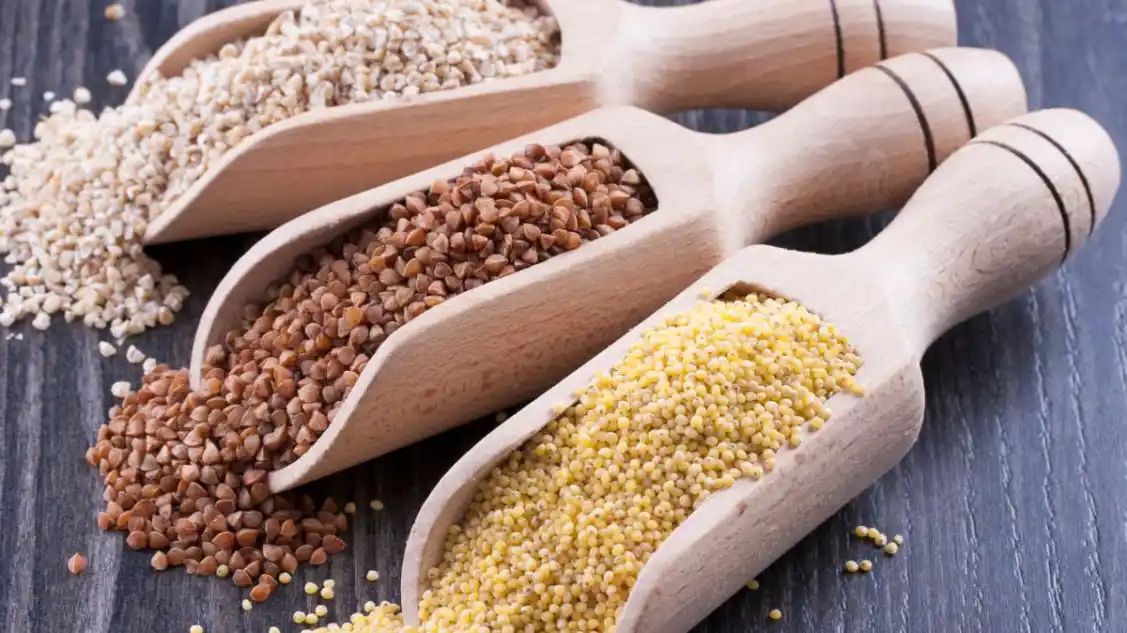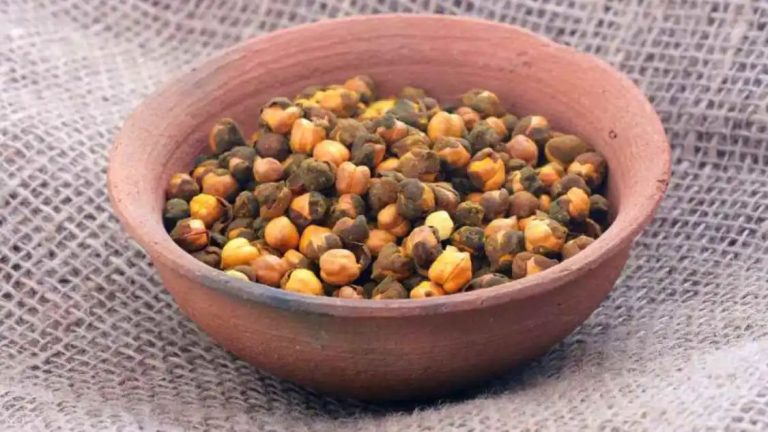5 Amazing And Effective Benefits Of Adding Millet To Your Diet

Swap your daily breakfast options with millets. Why? Because millets are a nutrient-dense grain that’s high in antioxidants, fiber, vitamins, and minerals.
They are low in glycemic index and gluten, and people with diabetes or gluten intolerance can eat them. Another excellent source of protein, necessary for healthy overall body development and muscle repair, is millets. Additionally, because millets have a high amount of fiber, which aids in controlling bowel motions and preventing constipation, they are known to support digestive health.
Since millets are satiating, regular consumption can also help lower cholesterol, minimize the risk of heart disease, and support weight loss. Millets are adaptable and work well in a range of recipes, such as baked foods, salads, soups, and porridge.
Millets are also a good source of protein for muscle development and digestive health. (Image Credit: Canva)
Enjoy millets delicious flavour and take advantage of their many health advantages by including them in your diet. Therefore, we have included the advantages of including millet in your diet below.
Weight Loss:
A low-carb, high-fiber diet and frequent exercise can help lower body weight because obesity is a major contributor to metabolic diseases. Millets, brown rice, and oats are examples of whole grains that can lower body fat, enhance intestinal flora, and encourage exercise.
Diabetes:
Gluten-free millets are a nutritious cereal crop that is high in energy, dietary fiber, and vital vitamins that can help reduce blood sugar levels. HbA1c antigen levels, insulin sensitivity, and glycemic management are all improved by foxtail millets, according to NIH.
Anti-Cancer Properties:
Certain millet proteins suppress the growth of malignant cells in a variety of tissues, giving millets their anticancer properties. Their phytochemicals, which include phenolic acids, anthocyanidins, and antioxidants, have the potential to treat a number of malignancies.





